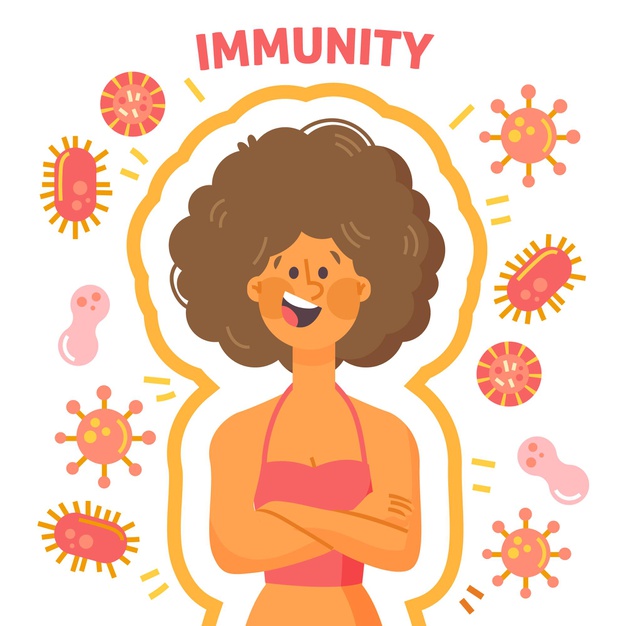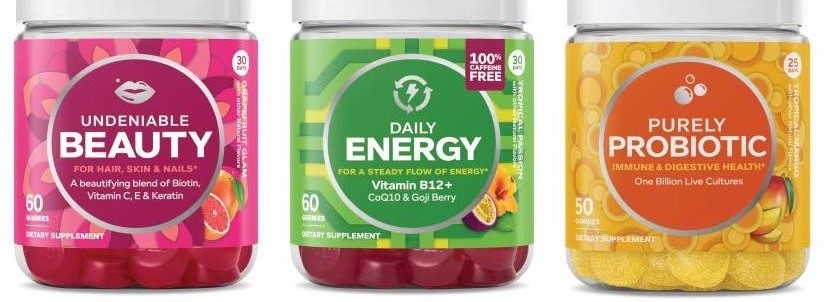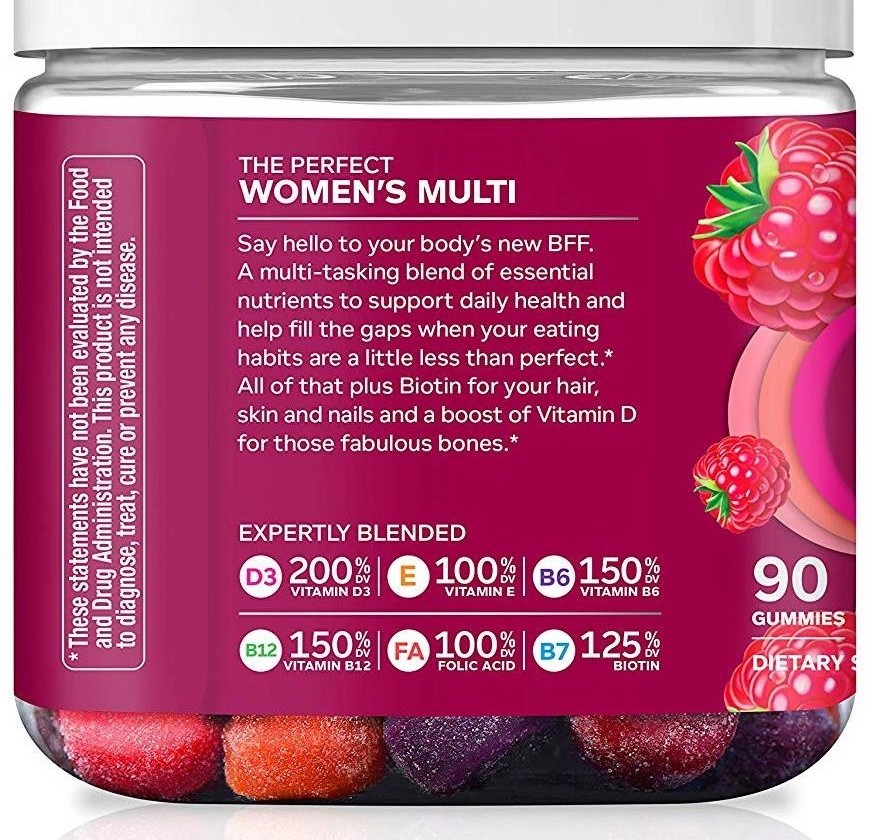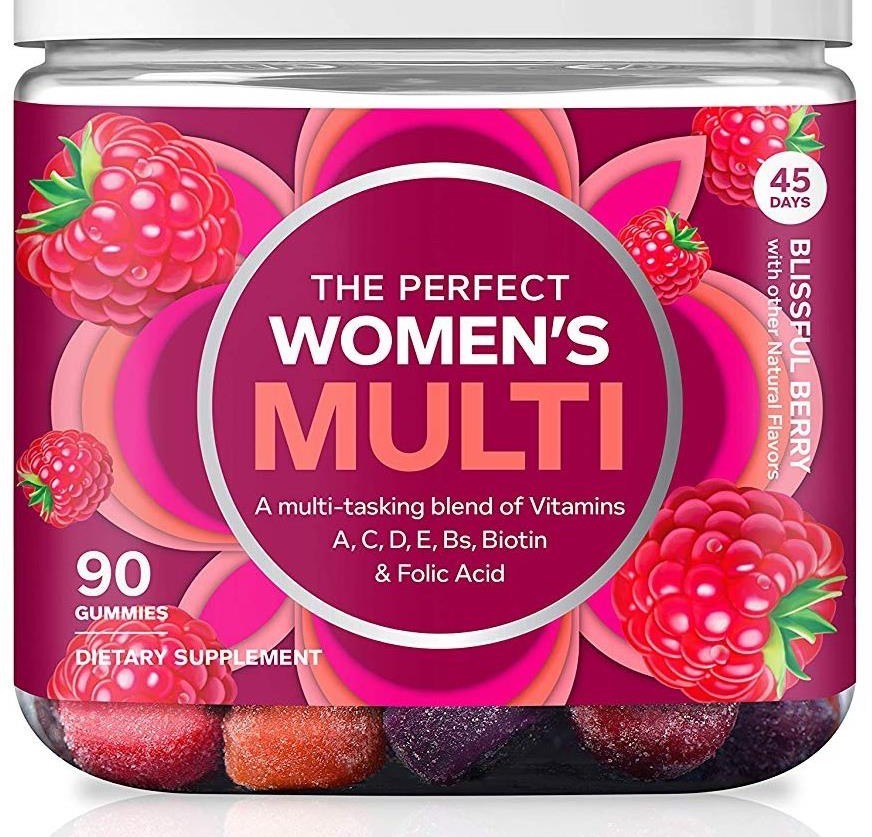Immunity Booster in Women
Women’s lives have transformed over the centuries. In the 1900’s, the lifespan of a woman was only about 50 years. Now, in the new millennium, the average life expectancy of women in America is 83 years old and that number is on the rise. Not only are women living longer, but they can also anticipate the possibility of enjoying a better quality of life throughout their span of years. This is only possible, however, if women take charge of their own bodies and understand how they can maximize their personal health and wellness..
Importance of Women’s Health:
A women’s health does not refer only to her physical condition but to her total well-being. It is not determined solely by biological factors but also by effects of workload, nutrition and stress. Some may argue that a woman’s health is the most important in today’s society. As we know, the health of families and communities are tied to the health of women. The illness or death of a woman has serious and far-reaching consequences for the health of her children, family and even community. Today, women’s health is taking on a higher position in society and people are realizing that while women have many of the same diseases as men, their symptoms and treatments may not always be identical..
One famous slogan, “Healthy Women, Healthy World”, embodies the fact that as custodians of family health, women play a critical role in maintaining the health and overall well-being of her communities. However, because of the many roles women play, they too often are focused on the health care of their spouse or children, while neglecting their own needs. Therefore, it is imperative that women take the time to maintain good health for themselves as well. In fact, a number of illnesses that affect women can actually be prevented with proper woman’s care as a priority..

Have a Glance:
Do You Want to Know About Women’s Health?
Men and Women are biologically different when it comes to Immunity. Period health and immunity are also deeply linked to each other since both involve hormones. Is there a specific diet that can improve immunity in women? Can women balance hormones through a simple diet tip? Are Menopausal women at greater risk for immune conditions and what can they do?
Fitness
Exercise is one of the best ways to prevent heart disease and keep your ticker strong. It’s also beneficial for your mental and bone health.Aim for 30 minutes of movement at least four days per week. Aerobic, or cardio, exercise is best. This includes:
Mix routines up and keep your exercise plans exciting by trying different activities. Invite a friend to join you for accountability and encouragement.
Cardio alone isn’t enough for optimal health and fitness. You should combine it with some type of strength training. Strength training builds muscle, boosts metabolism, and helps you maintain stronger bones. This is especially important in postmenopausal women.
Diet
A nourishing diet is the foundation of a healthy lifestyle. Beyond weight loss and maintenance, eating a balanced diet is crucial to a woman’s overall health. Good foods provide vitamins, minerals, and nutrients that are important for growth, well-being, and development.
Eating a balanced diet starts with avoiding unhealthy foods. Packaged and processed foods are often full of sugar, salt, unhealthy fats, and calories. Avoid the fake stuff, and opt for the good stuff, such as:
Vitamins
At each stage of a woman’s life, there are important preventative health care steps to follow in order to provide early detection of medical problems. Many women may neglect health care exams for a number of reasons, however, in the end it comes down to whether or not you wish to make yourself a priority. After putting so much energy into caring for the lives of others, it is time women deserve that same level of care toward themselves. We at BEPLEX FORTE understand the importance of women’s health, and educating the communities we serve nationwide on the best preventative treatments and latest wellness strategies.

Aging
Aging is part of growing older and wiser, but that doesn’t mean you have to take the inevitable aches and pains lying down.For women, healthy aging depends largely on healthy living. That’s great news because so much of what you can do to be healthy today will prevent you from feeling beyond your years tomorrow. That includes eating a healthy diet, staying active, and having regular health screenings..
Healthy aging also emphasizes things you shouldn’t do, such as using tobacco products and drinking excess alcohol. You can also help slow aging by learning to manage stress and cope with mental health issues that will naturally arise throughout your life.

Pregnancy
Whether you’re pregnant, trying to become pregnant, or just starting to consider it, a healthy life for your baby starts with preparation. Even before you take a pregnancy test, you can take significant steps to protect your future baby’s health.
Caring for yourself takes care of your future babies. Some behaviors, including drinking alcohol and smoking, could hurt your baby. They can also increase your risk of complications. If you need help stopping, talk with your doctor about proven methods or support groups.Likewise, you can increase your chances for a healthy baby by eating a balanced diet, taking prenatal vitamins, being active, and watching for early signs of pregnancy

Parenting
Being a parent is tough, hard work. However, it’s also incredibly rewarding.
You’ll have questions, and you’ll need help. A strong support network of friends and family members you can call on is vital. When you need someone to pick up your sick child or show up at a soccer game so your little one has a fan, this group of people will be an essential resource.
Breast Health
Breast cancer is one of the most common types of cancer in American women. If you have a family or personal history of breast cancer, your risk for developing this condition is higher..
The United States Preventive Services Task Force (USPSTF) recommends that women of average risk have a mammogram screening every two years between the ages of 50 and 74. They also recommend women with an average risk of developing the cancer have their first screening in their 40s.
However, many doctors and medical groups disagree with USPSTF and still recommend yearly mammograms starting at age 40. Your doctor may recommend you start earlier if you have a family history of breast cancer. Likewise, these medical professionals also encourage women to conduct self-exams on a monthly basis starting at age 20.
Stress
Career. Kids. Family. Friends. Volunteer work. Many women are swimming in stress and responsibilities, which can manifest more than just gray hairs. Excessive stress can translate to:.
You can manage stress with relaxation techniques such as:

See a Doctor
Other than breast exams and gynecological visits, you should make sure to visit your doctor regularly for checkups and screening exams. You should have blood work, biometric data such as blood pressure and weight, and other preventive testing measures done at your yearly physical. These tests can nip potential issues in the bud.